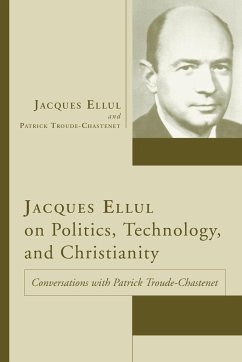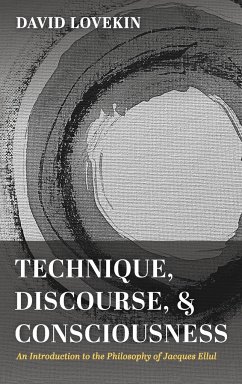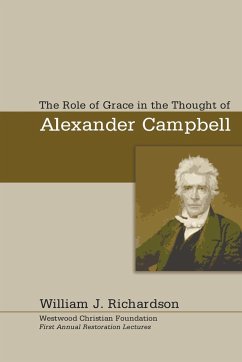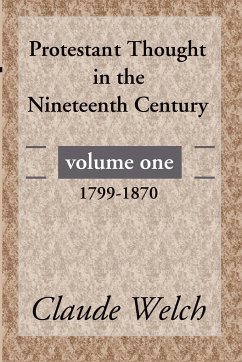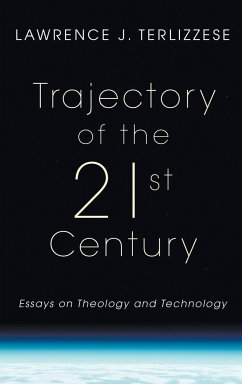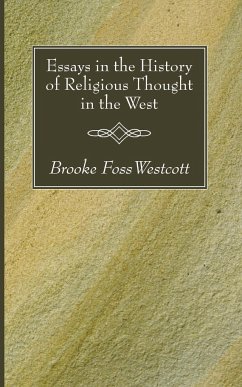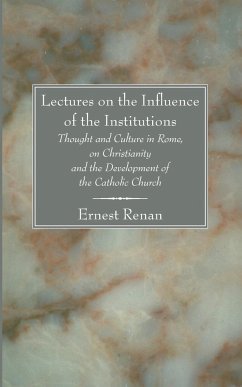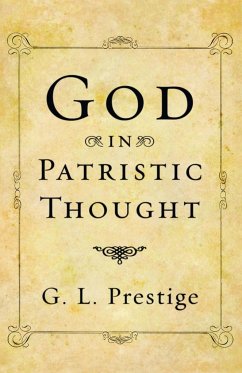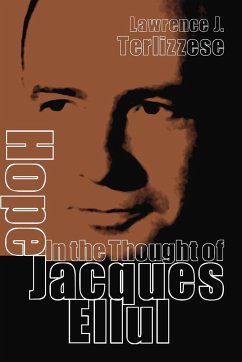
Hope in the Thought of Jacques Ellul

PAYBACK Punkte
13 °P sammeln!
""Hope expresses more than an area of concentration in Ellul's thought; it is the central idea that binds his disparate elements together. Ellul believed that at this moment of history, the world since 1945, hope must preoccupy our thinking and lives. ""To understand hope we must first comprehend its absence. This entails discerning what causes the absence of hope, namely the world's embrace of technique and the abandonment of God. Ellul also rejected these as a positive affirmation. He wanted to make a firm distinction between reality and truth. He affirmed modern abandonment as a realistic f...
""Hope expresses more than an area of concentration in Ellul's thought; it is the central idea that binds his disparate elements together. Ellul believed that at this moment of history, the world since 1945, hope must preoccupy our thinking and lives. ""To understand hope we must first comprehend its absence. This entails discerning what causes the absence of hope, namely the world's embrace of technique and the abandonment of God. Ellul also rejected these as a positive affirmation. He wanted to make a firm distinction between reality and truth. He affirmed modern abandonment as a realistic fact, as an accurate analysis of the present condition, not as an affirmation of the truth. Hope is truth in Jesus Christ, but truth must be asserted against these harsh facts. He used facts to incite hope in believers, to shake their complacency and to realize their actual condition in the world . . . . The idea of hope in the thought of Jacques Ellul can only be properly understood in light of dialectic struggle between negatives, which amount to factual representations of the modern world, and positives, through which hope exerts itself in the face of these facts. From this tension will issue personal resolve. Technique has brought the world to great collective heights and achievements, but this has come at the expense of personal ends and meaning. Ellul attempted to bridge this gap by asserting individual meaning against the aggregated progress of technique without destroying the gains made by collective advance. This represents the central dilemma in Ellul's thought--how does one maintain meaning and personal aims in a world founded on corporate necessity?"" --from the Introduction





